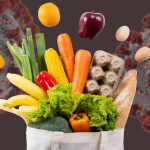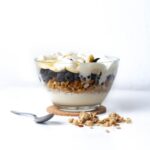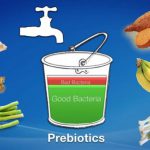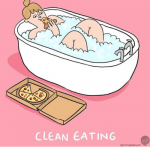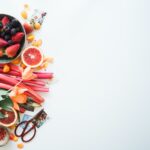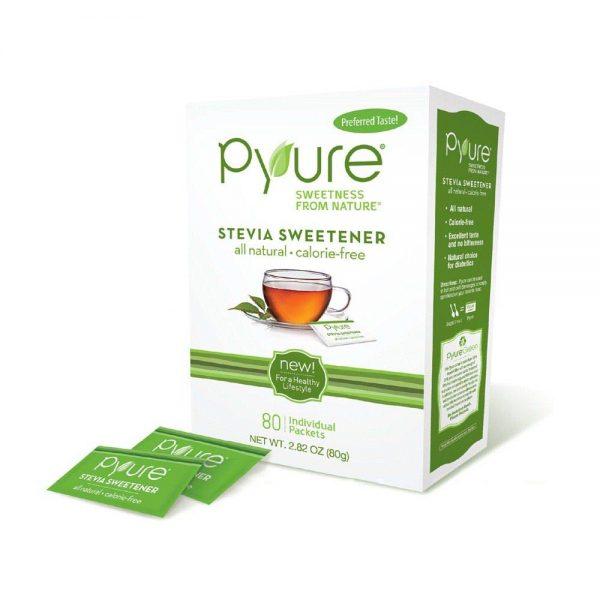Today everyone wants to stay healthy and anything in the market that shouts that health literally earns the confidence of people in the Kenyan market. Diabetes has been on the rise today and the use of STEVIA leaves been up to substitute the white or brown sugar that is commonly used. So many do not understand the effects of using stevia both the good and the bad…
Famously, Stevia is a plant that is native to South America. It is probably best known as a source of natural sweeteners. In fact, native people in South America have used stevia as a sweetener for hundreds of years. But the leaves are also used to make medicine.
NEMA agreed to the growth of these leaves in Kenya after realizing their medicinal effect aside from the sweetening ability.
Normally, Stevia is used as a weight loss aid; for treating diabetes, high blood pressure and heartburn; for lowering uric acid levels; for preventing pregnancy; and for increasing the strength of the muscle contractions that pump blood from the heart.
THE GOOD
Growing stevia in Kenya is a good backyard gardening activity for every household. This is a perfect way to reduce the household budget of sugar, as the sweetener is 30 times sweeter than sugar. Stevia herbal sugar offers sweetness minus the unhealthy effects and the sweetener is calorie free. The leaves can be used directly in tea fresh or dried. The natural leaves can also be cooked and eaten as vegetables. Stevia herbal sweetener is said to be good for all people including diabetics.
Stevia also serves as a natural, calorie-free sugar substitute and can be found as an ingredient in a variety of processed foods. Unlike dietary sugars, the sweetening agents in stevia do not increase your blood glucose levels after you consume them and can therefore help your blood sugar remain steady, nor do they contribute to dental cavities the way table sugar does. Finally, stevia holds an advantage over aspartame, an artificial sweetener containing the amino acid phenylalanine, for those with phenylketonuria. Phenylketonurics cannot process phenylalanine and must therefore avoid it. Because stevia doesn’t contain phenylalanine, it is a safer alternative to aspartame. But all these benefits are only available if used when raw… If you use it when processed the bad is bound to occur:
THE BAD
At high doses, stevia compounds can cause mutagenesis, or damage to your genes, and they also can lead to temporary gastrointestinal upset, muscle pain and weakness. Stevia can also interact with medications and affect their potency. For example, it can increase the effects of both blood-lowering and anti-diabetic drugs, requiring careful monitoring by your healthcare provider. In addition, until more thorough safety assessments have been completed, pregnant women should avoid stevia.In some people, stevia can cause nausea, bloating or gas.
You must be wondering how come you have not probably heard of it.. This package above can be found in Nakumatt or Tuskys today and is easy to grow on your backyard. In fact, Stevia herbal sweetener is harvested 3 months after planting, after which the crop is dried and ground into powder for use as a sweetener. Alternatively juice can be extracted and used in a similar way.
It is the best invention and departure from sugar but requires caution for the best use possible.


